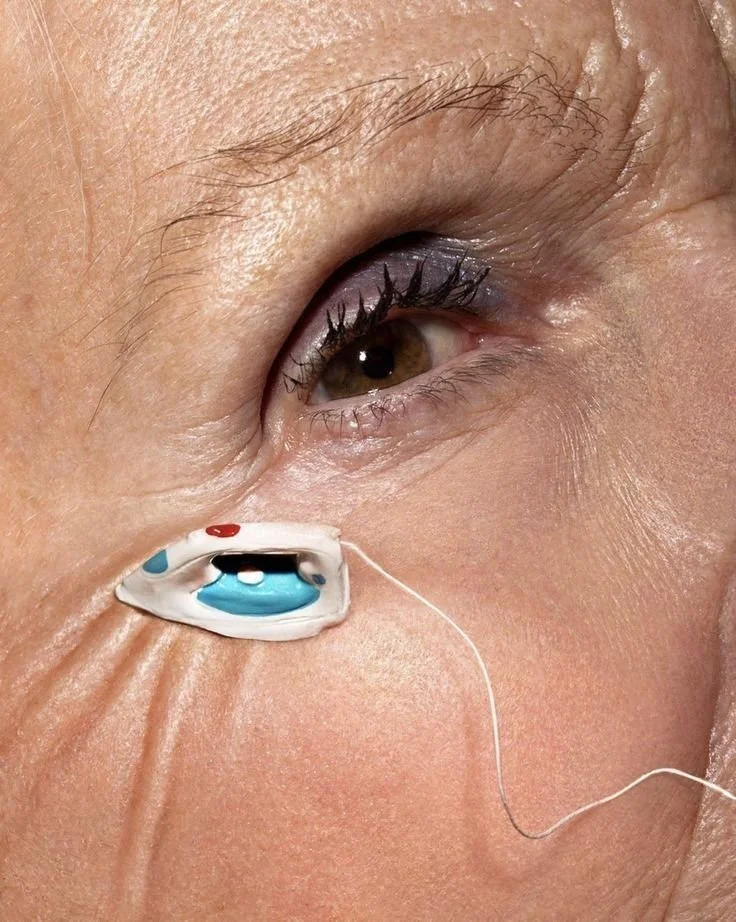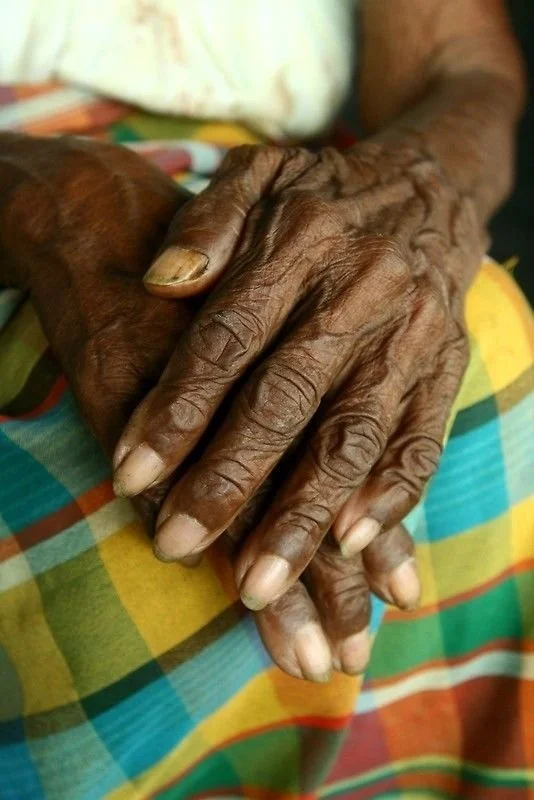The Future is Filler: Embracing Your Features in a World Where Cosmetic Procedures Are Commonplace
What words do you think of when you think of plastic surgery? Maybe a tummy tuck. Upper bleph. Lipo. Lip flip. BBL. I’m sure you’ve heard of most of these terms before. Botox, filler, implants, silicone, fat. Those sound more medical. Ballerina boobs. Facial balancing. Mommy Makeover. Those are some newer ones. Oh, and you can't forget all the “jobs.” Nose job, boob job, so many jobs. And, of course, there are the facelifts, the jaw-shaving, the buccal fat removal. Basically, if you can think of it, there's a “corrective” surgery for it. All designed to shape, lift, tuck, remove, snatch, contour, and essentially eradicate any characteristic that could possibly deem you unattractive – or worse, old.
Growing up in Los Angeles, California, plastic surgery was commonplace, almost a rite of passage for young girls. I remember being in high school and coming back after summer break. There were always at least 5 girls who came back looking a little bit different, and later, I realized it was because they had gotten a nose job, or lip filler, or some other cosmetic procedure. When I was 14 years old, I asked my mom if I could get a nose job, to which she replied, in no uncertain terms, “Hell no.” Looking back now, I’m glad she said no, but at the time I thought my life was over. The thing was, I wasn’t even that insecure about my nose. I was just stuck in an “everyone else is doing it, why can’t I?” mindset. I should’ve been bothering my mom about wearing crop tops or getting acrylic nails, not getting irreversible cosmetic procedures.
Plastic surgery isn’t anything new; in fact, it can be traced all the way to 1600 B.C. in Ancient Egypt, where it was mentioned on papyrus after being used to repair a broken nose. It was also used for corpses to prepare them for the afterlife. Mourners of the ancient Egyptian king Ramses II, who had a large and long nose, surgically inserted bone and seeds into his nose to make sure he was recognised and received as a king in the afterlife.
Plastic surgery as we know it today was born during the First World War in Britain, for soldiers who had been disfigured by bullets and explosive shells. This area of practice became even more advanced during the Second World War and brought about many new techniques, such as skin grafts for burn victims and rebuilding damaged limbs. In 1946, the British Association of Plastic Surgeons was founded, and the concept of elective plastic surgery experienced a post-war boom, mostly from middle-aged, middle-class women. In the 1960s and 1970s, a newly invented substance called silicone rose in popularity, and in 1962, Dr. Thomas Cronin introduced silicone breast implants to the public. In the 1980s and 1990s, public perception surrounding plastic surgery improved, which saw a major increase in the rate of these procedures.
In 2025, we’ve accepted plastic surgery as something normal. It’s attainable, as unremarkable as getting a facial or a spray tan. But is this indifference really empowering for people – especially women – in the long run? Feminism is often weaponized in the conversation surrounding permanently altering your appearance. The phrase “my body, my choice,” which is a slogan that comes from a woman's right to choose abortion, has been hijacked to justify the rampant normalization of plastic surgery procedures. If you criticize, you are infringing upon a woman's choice. Choice feminism, or the idea that any decision that a woman makes is inherently a feminist act, promotes plastic surgery as empowering, but in my opinion, it’s anything but.
Before I go any further, I don’t think plastic surgery should be stigmatized. However, I do think we should remain critical of it. One of the main arguments that I hear is, “Well, it makes me feel better about myself, and therefore more confident, so it’s empowering.” My question is, why does changing the shape of your nose make you feel empowered? Is it really empowerment, or merely relief that you finally fit into an oppressive beauty standard?
When we unquestionably embrace plastic surgery, we aren’t forced to deconstruct it. Why is it that a bigger nose is seen as less beautiful than a smaller one? Why are larger breasts considered more desirable than smaller breasts? The fact of the matter is, none of us were born hating our appearance. It was forced onto us through the societal dogma we all live with. We are taught that something is wrong with how we look, even if we don’t know it yet. In fact, if we lived and died without ever seeing another person, we would never think of the need to change our appearance.
Self-hatred is so standard in our world that people are shocked, offended even, if you actually like how you look. In a world full of resentment towards one's own appearance, it takes real courage to embrace and accept your features. I look at women like my mother, my aunts, my grandmother, and in every wrinkle, scar, and freckle, I can see nothing but wisdom and contentment, a life that's been lived. How could I dislike myself when I look just like them? Walk and talk just like them? Laugh and cry just like them? The way I see it, the fact that we’re even alive and have a face and body at all is a miracle in and of itself. Aging is a privilege; many people don’t live long enough to develop wrinkles or grey hair or saggy skin. Don’t deny yourself the freedom of self-love; you’re right there waiting.
Sources:
https://www.ramsayhealth.co.uk/blog/cosmetic-surgery/the-history-of-plastic-surgery
About the Author: Frankie Little is a Sophomore Journalism major at the University of Oregon. They are originally from Los Angeles, California. They are a September Virgo (big difference from August Virgos), and their favorite season is autumn. In their free time, they enjoy writing poetry, playing The New York Times games, and rewatching the best television show of all time: The Sopranos.


